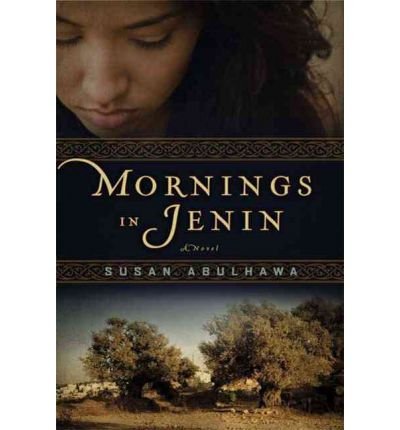Mornings in Jenin
The novel opens with the olive harvest of 1941 in the Palestinian village of Ein Hod. The pastoral idyll is all the more poignant because, of course, the reader knows what is coming – the Nakba, the establishment and expansion of the state of Israel, the enclosure, today, of the Palestinians behind a steel fence. The ambitious scope of this novel, about three generations of a Palestinian family, embraces the whole of the tragedy of the Palestinians since the Second World War.
There is no doubt a novel on this subject needs to be written, and Mornings in Jenin is already an international success, proving there is an appetite for the story, for which we must be grateful. A pity, therefore, that it has to be this novel. It is written with unmistakable passion by an author who was herself born to parents who were refugees from the Six Day War, but it is technically so inadequate as to be almost unreadable. I was particularly irritated by the author’s tendency to use a future conditional tense to tell us what was going to happen to her characters in future. Tell me this on page ten, and why am I going to carry on reading?
This edition includes a set of suggested questions for book groups, as well as a list of further reading. I suspect it will go down well with reading groups because, however poorly written, it does raise strong debating points, and it certainly sets out the history of Middle Eastern conflict in an easily digestible form. For this misanthropic reader, however, it was a bitter disappointment.










